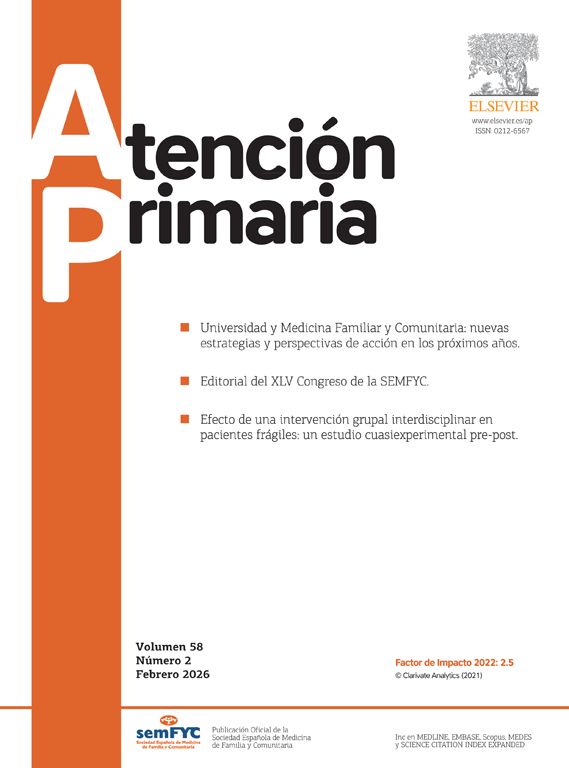To describe the process of validating Emotional Intelligence Measurement (MIE) Scale for Portuguese senior citizens.
DesignObservational, cross-sectional quantitative study.
FrameworkSenior citizens attending senior universities and from the community in the district of Viseu.
Participants1084 subjects participated with a mean age of 72.98 years, residing in the district of Viseu, no longer involved in formal activities (retired) and participating voluntarily in study.
Main measurementsthe Emotional Intelligence Measuring (MIE) Scale, socio-demographic characteristics (age, gender, marital status, residence). An exploratory factor analysis (EFA) and confirmatory factor analysis (CFA) of the MIE scale were performed.
ResultsThe MIE showed very good internal consistency (Cronbach's alpha=0.952). The main component and rotation factor analysis varimax extracted 36 items and five factors which explain 54.78% of the total variance. After confirmatory factor analysis and re-specification of the model, the global indicator values of the adjustment model for the MIE revealed a quality of good fit (X2/df=3.46; RMR=0.025). The final version of the MIE was composed of 33 items and five factors that represent emotional intelligence skills: Factor 1 - Empathy (12 items); Factor 2 - Self-motivation (10 items); Factor 3 - Self-awareness (4 items); Factor 4 - Self-control (4 items); Factor 5 - Sociability (3 items).
ConclusionThe MIE scale is shown to be suitable to assess emotional intelligence in Portuguese senior citizens.







